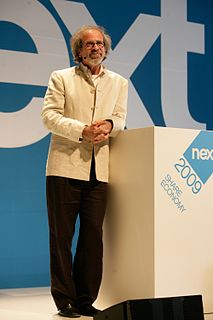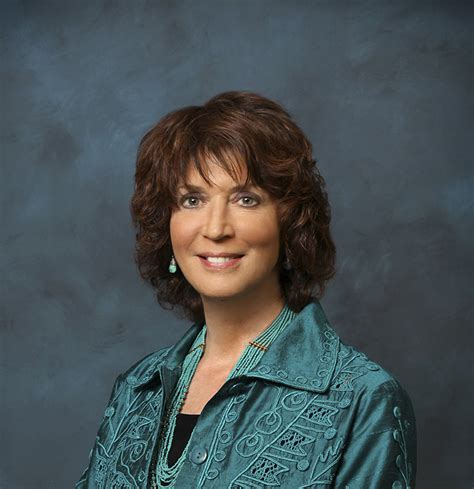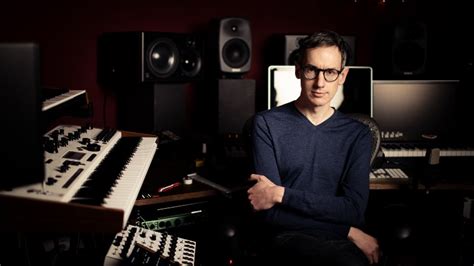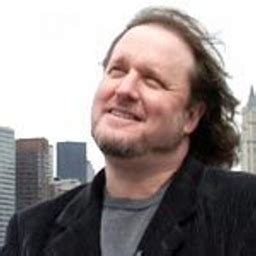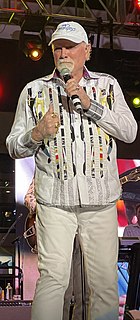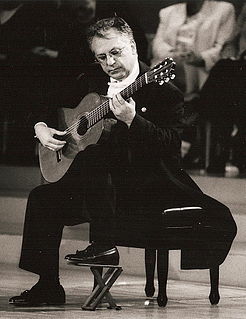A Quote by Michael Hersch
I think the tendency to paint composers or styles of music with too broad a brush - for example, identifying composers as writers of "simple" or "complex" music - has become increasingly problematic and is almost never productive.
Related Quotes
Composers are influenced by all the important music in their lives - and I suppose that since radio started playing popular music, that's as likely to be The Beatles or Aphex Twin as it is to be Verdi or Ravel. They'd be strange teenagers if they didn't. But cross-pollinating happens too - Aphex Twin did more interesting things with electronic music than most trained composers, who seemed to approach samplers with undue caution and reverence in those early days.
I want young Indian composers to be able to do more than just film music. I want to give them the skills that will enable them to create their own palette of sounds instead of having to write formulaic music. It doesn't matter if they become sound engineers, producers, composers or performers - I want them to be as imaginative as they like.
A whole generation of veteran composers has never taken a stand or provided an example and has produced in the music academies generations of docile workers for the music industry. What can you expect from downtrodden workers who see music as a type of profession, like stenography, and not an act of creation that by its nature is subversive?
I think, you know, for someone who does play, let's say, old music or, you know, Baroque music or Renaissance music - and you know, and I do play a lot of that, obviously - engaging with new composers, engaging with young composers, is really exciting because it makes me look at people of the past in a very different way that they are also living, that there was a lot of subjectivity in the decisions that they were making.
Is there a gender gap in the music industry? It is true that there are more professional male music creators than female. For some reason, it's taking a lot longer in music than in literature and the visual arts to reach equilibrium. It was almost acceptable by the 19th century for female writers to be published, yet it's only in the last couple of decades, since about 1980, that historical female composers have really emerged.
There are, however, composers whose music can only be heard in a chromatic sense. George Perle, for example, wrote pieces that you might think of as leaning in a tonal direction but it's very hard to register a pitch as, say, the sixth degree of a scale, whereas in much of my music I think that's often relatively easy to do.





